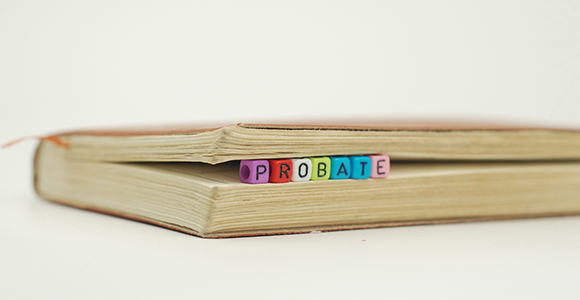WE CAN HELP YOU CALL US TODAY
WE CAN HELP YOU CALL US TODAY

After a person passes away, the administration of his or her estate is overseen by a probate court. Unfortunately, probate can be time-consuming and expensive, especially if one of the decedent’s heirs contests the estate or the estate planning documents are unclear. There are ways to avoid the probate process completely, which can save your loved ones both time and money in the long run. To learn more about these options, please contact a member of our Skokie estate planning legal team for advice.
Creating a Trust
Creating a trust is one of the easiest ways to avoid probate, as all assets held in trusts are passed directly to the recipient, a process that does not need to be overseen by the court. However, there are strict rules with which a person must comply when establishing a trust. For example, all of a trustor’s assets must be transferred into the trust itself, so that they are technically held by the trust. This is an extremely important step because assets that remain in the decedent’s name only at the time of his or her death could still be subject to probate.
There are also a number of different types of trusts that those who are planning their estates can establish. Revocable trusts, for instance, allow the trustor to retain control of his or her assets even after they are put in the trust’s name. Additionally, the terms of the trust itself can be amended at any time by the trustor. Assets placed in an irrevocable trust, on the other hand, are no longer considered to belong to the trustor who is also generally prohibited from making changes unless the beneficiaries’ consent. There are advantages to this type of trust, however, as appreciated assets held in the trust will not be subject to estate taxes. To learn more about which type of trust is right for you and your family, you should consider speaking with an experienced estate planning attorney about your options.
Joint Tenants with Rights of Survivorship
Another way to avoid probate is to title property that is owned by more than one person as a joint tenancy. This means that when a person passes away while holding a piece of property, it will automatically pass to the surviving owner without having to go through probate. While many people believe that this only applies to real estate, the reality is that personal assets like bank accounts can also be held jointly.
Beneficiary Designation Payable on Death
Many assets, such as retirement accounts, allow the holder to designate a beneficiary who will receive the funds upon his or her death, thus allowing that person to avoid probate and automatically collect the benefit. However, this method only works if there is actually a valid and living beneficiary at the time of the account holder’s death, so if no beneficiary is listed, the asset will pass with the rest of the decedent’s estate and will most likely need to go through probate.
Call Today to Discuss Your Case with a Skokie Estate Planning Attorney
To speak with an experienced Skokie estate planning attorney about the probate process, please call Orlowsky & Wilson, Ltd. Attorneys at Law at 847-325-5559 or send us an online message with a brief description of your case. We are eager to assist you throughout each step of your case.